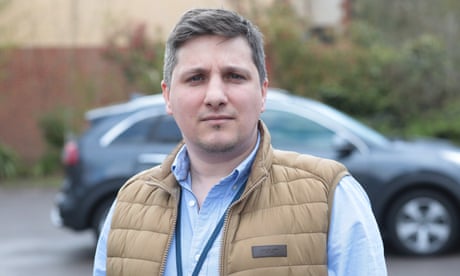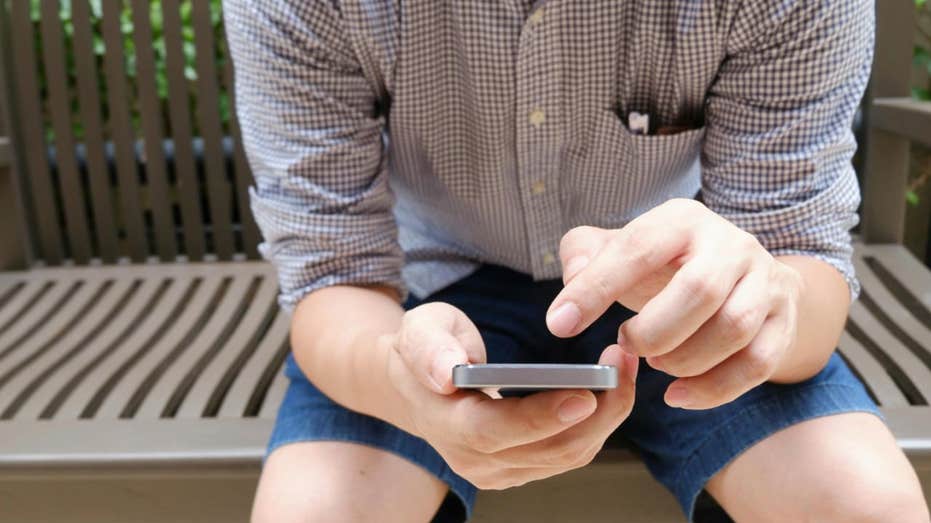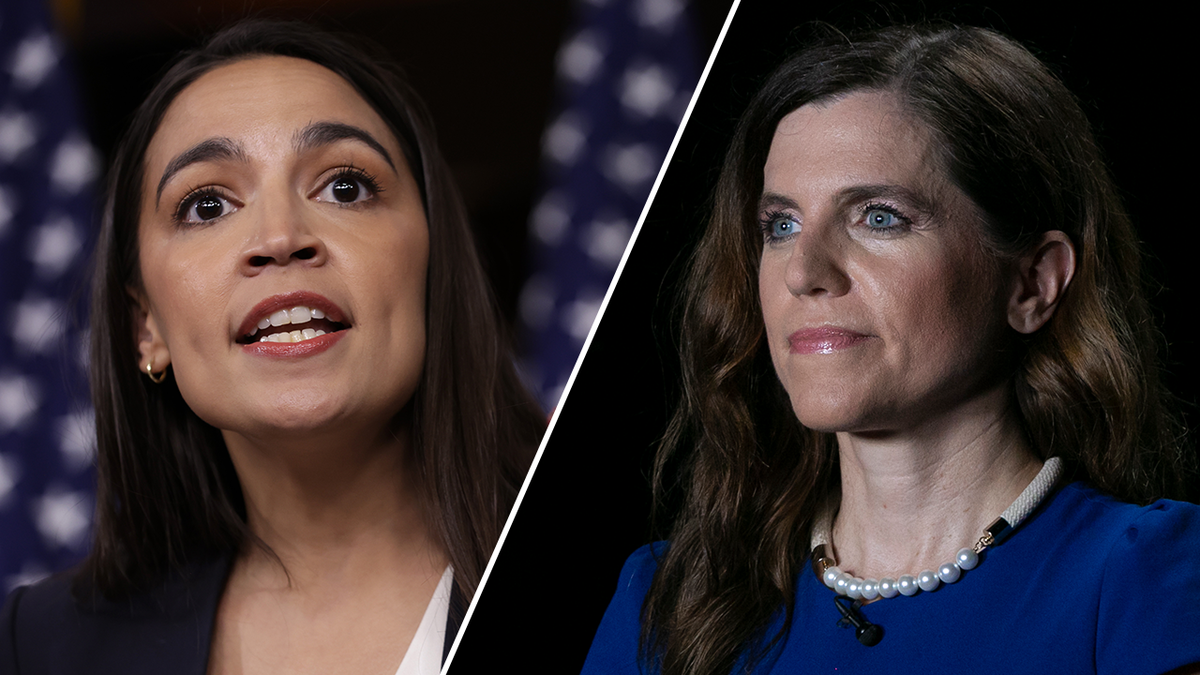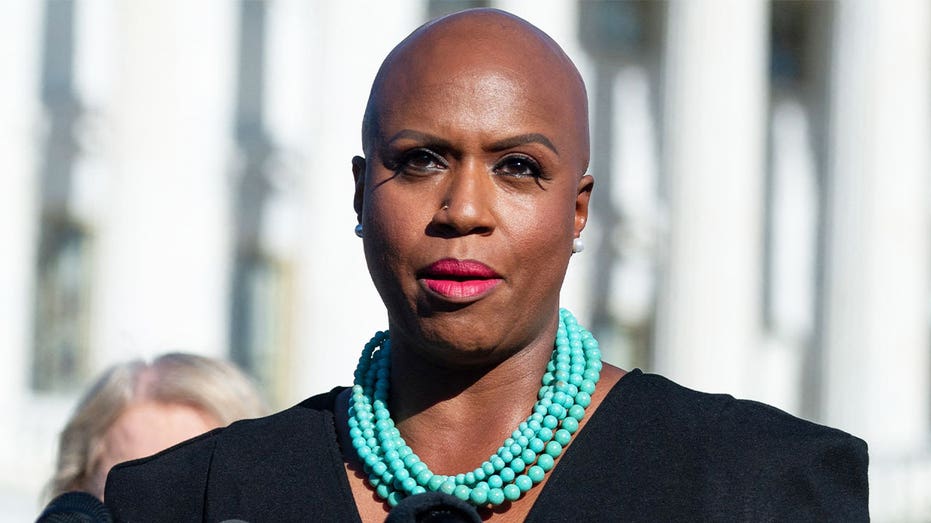- by foxnews
- 25 Nov 2024
‘Stop or I’ll fire you’: the driver who defied Uber’s automated HR
‘Stop or I’ll fire you’: the driver who defied Uber’s automated HR
- by theguardian
- 18 Apr 2023
- in technology

Alexandru Iftimie, a 39-year-old who came to the UK from Romania seven years ago, was just about making ends meet as an Uber driver during the pandemic when he got an unexpected message from the ride-sharing app.
"I received a warning: 'We detected some fraudulent activity, therefore you have to stop otherwise I have to fire you,'" he recalls.
"I said: 'It has to be a mistake, I know I haven't done anything.' But two weeks later, I received another one: exactly the same message, with the difference that this time they were saying: 'It's the last warning. One more time, you're done.'"
When he called Uber's driver support line in an effort to understand why he had been flagged, it was a frustrating experience. The problem seemed to be that he had taken an unexpected route, though he insists he had not charged the customer extra for doing so.
"Can you imagine how difficult it was to explain to an Uber operator - I don't know where he was - that the Blackwall tunnel was closed during a trip, and so I had to take a long detour?" he says. He was unable to get an unequivocal explanation of why he had been flagged as "fraudulent" by Uber's systems.
"At that time my main concern was: 'It's my only source of income, there's a pandemic outside, there's a lockdown. If I lose that, then what?'
"In a normal company, you would have an HR department and this kind of issue can be solved in one way or another - not necessarily in your favour, but you would have a specialised team," he adds.
With the help of his union, the App Drivers and Couriers Union, he went on to request the data Uber held about him; but what came back left him little wiser about what he was meant to have done wrong.
With the help of Worker Info Exchange and his union, Iftimie pursued Uber - and another ride-sharing app for which he worked, Ola - all the way to the court of appeal in Amsterdam, where Uber's European headquarters is based.
The court found that he and other drivers involved in the case, based in the UK and Portugal, had the right to more information about the way automated decisions were made about them.
Just before the case came to court, Uber apologised and acknowledged it had made a mistake. Iftimie hopes the ruling will help others to challenge automated management decisions that threaten their livelihoods - though campaigners warn that legislation going through the UK parliament will weaken data protection rights.
"It's about principles. We should fight for our principles," Iftimie says. "In the communist Romania described by my parents, you couldn't say a word: you couldn't say anything. You could have been arrested for saying a joke about the wrong person.
"I didn't make this big change to try and bring communism here with me: I want me and my kids to be more British. So when there's something that I believe is not right, I fight for it."
Iftimie's life has changed dramatically since his Uber driving days - he is about to graduate from a law degree and take up a new job, and he has a nine-month-old daughter. "For me, it is a story with a happy end from any perspective," he says.
An Uber spokesperson said: "We are disappointed that the court did not recognise the robust processes we have in place, including meaningful human review, when making a decision to deactivate a driver's account due to suspected fraud.
"These rulings only relate to a few specific drivers from the UK that were deactivated in the period between 2018 and 2020 in relation to very specific circumstances."
- by foxnews
- descember 09, 2016
'Quiet travel' is having a moment; here are top US spots where you can embrace the trend
Here are 10 destinations for "quiet travel" in the U.S. to check out if you're ready to unplug and unwind on your next vacation. From Maine to Florida, Oregon and more, see the list.
read more





